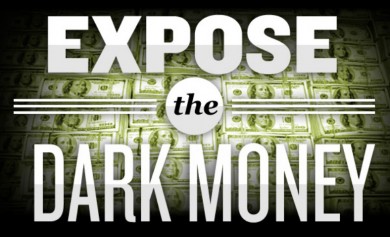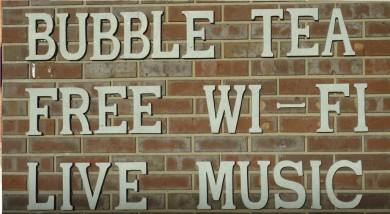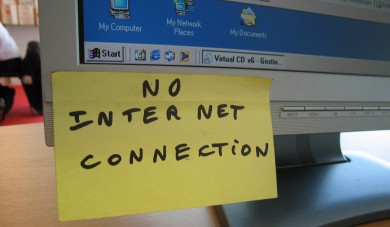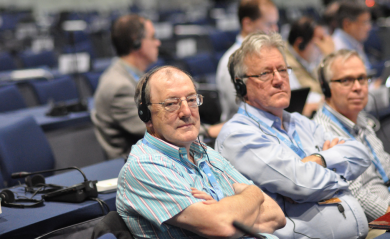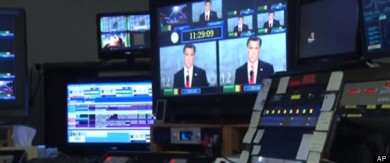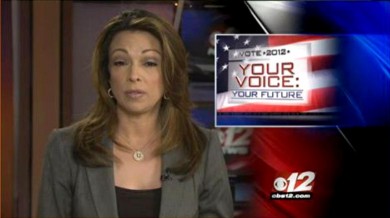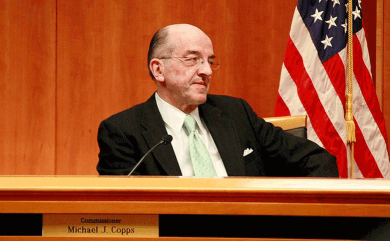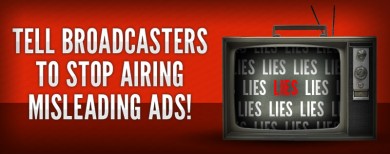Bring Dark Money to Account
Think the election season ended on Nov. 6? Think again.
The shadowy Super PACs and front groups that polluted the airwaves with political ads are already raising millions from corporations and billionaires to batter television viewers with a new wave of ads.
